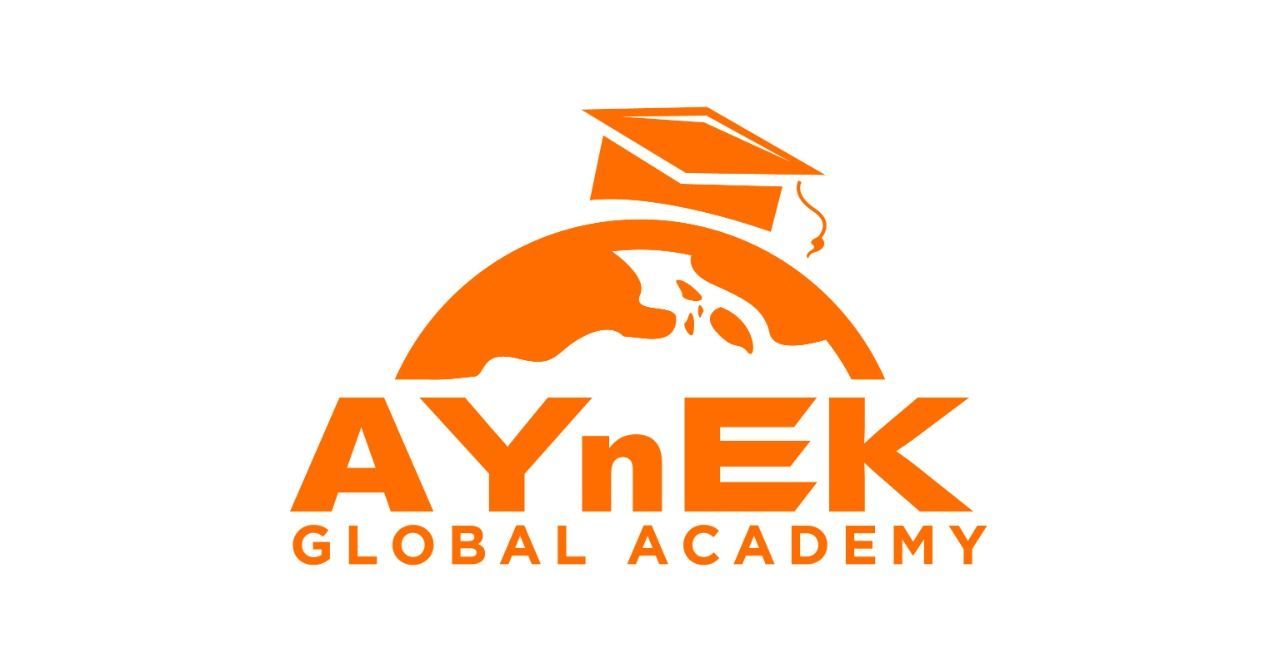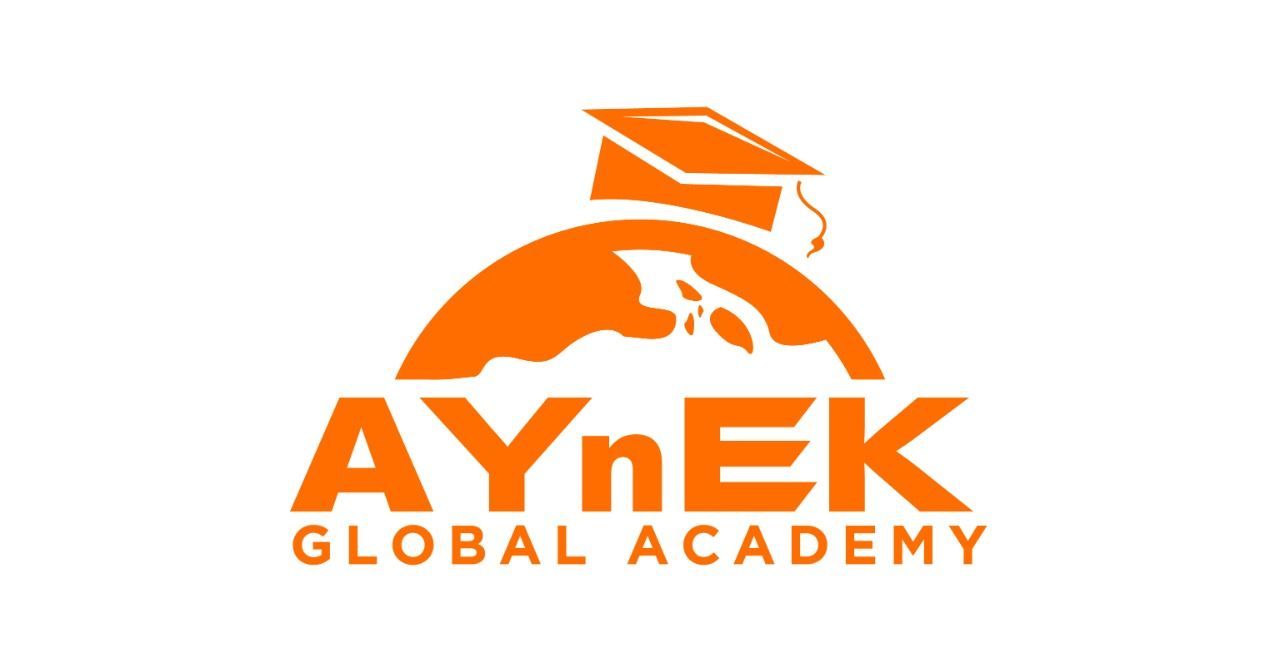Financial Literacy Online Course for Kids
-
Tutor: Jason
-
Level: Entry
-
Study time: 45 minutes
Write your awesome label here.
Course overview:
Financial Literacy Course covers topics evolving around Money such us; Budgeting, saving, accounting, expenses and investing.
Course Timeline: Meet Twice A Week
| Start Date | End Date |
| Nov 3rd | Feb 3rd |
| Dec 8th | Mar 8th |
| Jan 5th | Mar 30th |
Course Requirements:
Access to a computer or laptop twice a week for live sessions.
No Educational Requirements
No Educational Requirements
Financial Literacy Online Course for Kids Age 7-10 years
Financial Literacy Online Course Curriculum for Elementary School Students
Aynek Global Academy follows a comprehensive curriculum that equips the learner with the fundamentals of effective money management. Our curriculum is designed to cover six basic elements of financial literacy. namely:
Write your awesome label here.
Money
How Money works -this stage helps the learners in understanding the significance of money and creates a general awareness about the utilitarian needs of money. We teach the learners about the differences between needs and wants, earning and spending, saving and wasting, and the importance of managing money to achieve financial goals.
Budgeting
Why Budget – this stage is a vital part of the curriculum of Financial Literacy Elementary school online course as it teaches the learner to plan expenditures in a prudent way so that a stable livelihood is ensured as they grow old. It helps the young minds set parameters to restrain overspending and be judicious with the money in hand.
Banking
How Banking works – the third stage creates an awareness about the functions of a Bank in the young minds and they realize the importance of securing, managing and multiplying the money to meet their future needs. We make them aware about the documentation procedures related to banking in the form of opening and closing of accounts, withdrawals and deposits, types of accounts, different kinds of reports and statements, fees, charges, interests and loans and other related functions.
Credit
What are Credit Cards – the fourth stage of Online Financial literacy classes for kids of 7-10 years of age teaches the young learners about the benefits and pitfalls of plastic money. They are made aware about the types of credits, different kinds of associated interests, the relevance of credit score and the Credit-Debt cycle traps.
Investing
Why Invest – In the fifth stage we teach the importance of saving and investing and the risks and rewards that are associated with it. The young learners learn about the various kinds of saving and investing mechanisms present in the society.
Taxes
What are Taxes – the sixth stage involves a study and know-how about the regime of taxes that are levied on the earnings of an individual. We teach the learners about the implication of taxes on earnings and the different types of taxes that are levied on an individual.
Why be a part of the Aynek Global Academy advantage?
When you decide to enroll your child for the Online Financial Literacy Course for kids aged 7-10 years:
#1
You give your children an opportunity to avoid financial mistakes and help them plan a strong and secure financial future.
#2
You stop your children from spending their inheritance and help them start building it themselves.
#3
You let your children learn things you were never taught that can give them a head start.
Instructor
We’re here to bring out the greatness in every learner, the earlier the better . We see potential at every age and we believe everybody needs to learn essential knowledge in order to be ready for the real world.
Frequently Asked Questions!
What is the duration of the Financial Literacy Elementary school online course?
Financial Literacy Online Course duration is 3 months. Classes are held twice a week. Each session lasts for 45 minutes.
How do I catch up if I miss a class?
We record all live sessions so that in case you miss a particular class you may catch up with the lessons within 24 hours at your convenience and be ready for the next class in time.
Do I have to appear for a test to receive a Completion Certificate in the Online Financial literacy course for kids of 7-10 years of age?
You are not required to appear for any evaluation at the completion of the course. However, you may attempt a no-fail test at the end of the course to allow us to issue a certificate of completion indicating that you have successfully passed a knowledge assessment test in addition to meeting the requirements of the course.


